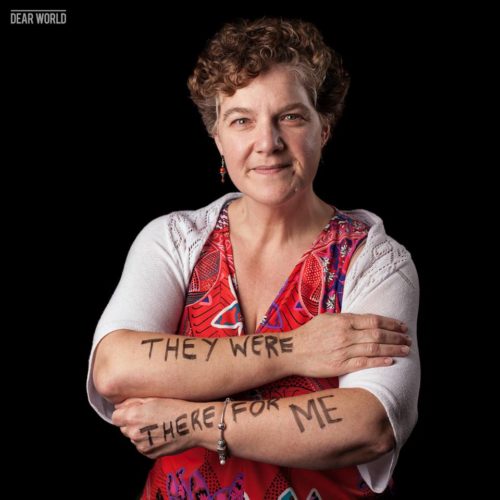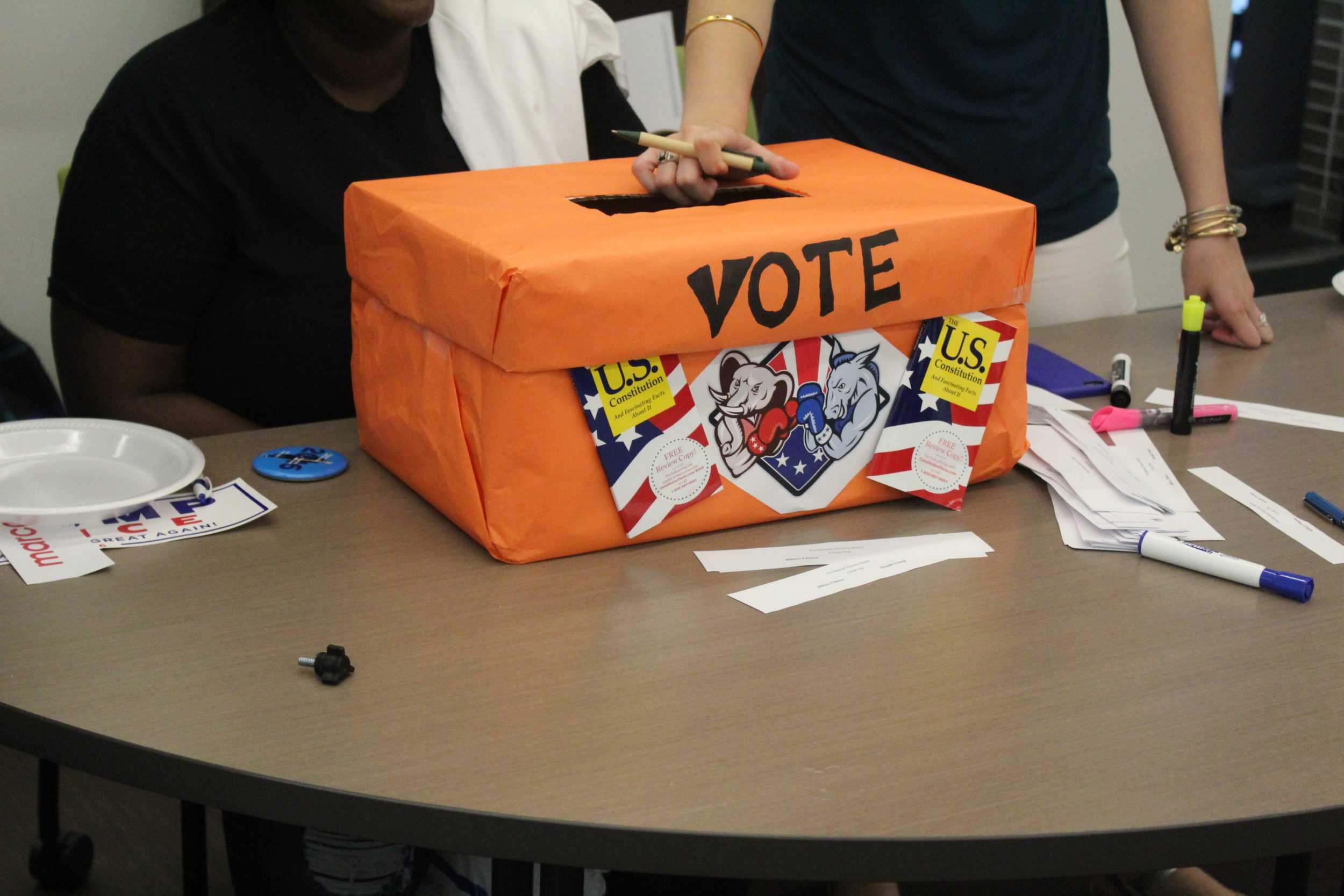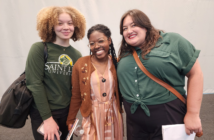Many know the Hispanic culture for its vibrancy in dance, music, or even how the natives roll their “R’s.” But for many Latinos, it has much more meaning. Hispanic Heritage Month is celebrated from Sept. 15 to Oct. 15 in the United States.
Since 2010, Hispanic Heritage Month as been celebrated at Saint Leo through the Department of Art and Sciences and the Spanish Club. This year’s event educated students from different backgrounds and all walks of life. The event went on from 11 a.m. to 3 p.m. on Sept. 25.
Many students initially attended the event for the extra credit, but most left with a better understanding of the culture. There were many displays about the Latin culture, including numerous posters and children’s books of popular folklore. There were also booths with different flyers about learning a new language, a coloring booth, and a booth showcasing the newly formed Hispanic Sorority on campus. Additionally, there was an informative segment regarding immigration in the United States and some entertainment from classical guitarist, Daniel Girón, who played a few melodies for his audience.
Dr. Adrianna Novoa, who holds a Ph.D. in Latin America History from the University of California, spoke about immigration in the United States throughout the years. She stated that the stigmatism attached to immigrants existed long before this upcoming general election.
“Americans were not only concerned about how it will impact the people of the country but how the country will look like,” Novoa told her attentive audience. She then solidified her point by stating the 1790 Nationalization Act only allowed immigrants who are
white, have a good character, and have lived in the country for at least two years to get citizenship. This barred all Japanese, Blacks, Chinese and even the Irish from getting citizenship.
The 1875 act further divided people from different races and only allowed a few to enter the United States. Even women were not allowed in to become citizens, as they had no voting rights or any other basic rights. This continued throughout the history of United States, even taxing immigrants 50 cents each at the beginning of 1875. Novoa included that after the 1846 Mexican-American War, Most of Mexico territory, such as Arizona, was taken by the Americans. This made all of the Mexican people who lived in those areas illegal citizens.
Immigration became even worse during the Great Depression. Mexicans and Japanese immigrants alike were booted out of the country because they were “stealing” jobs or because the U.S. feared they would betray the country. The Civil Rights Movement, as well as the Cold Wars in the 60’s shaped, the U.S. Immigration system to what it is now.
Novoa affirmed that because of immigration, the U.S. has been able to sustain and diverse their population, unlike European countries where they are unable to do so. Thus, Immigration is essential for human development.
Jennifer Orendorf, the Administrator of Events and Special Programs in the School of Arts and Sciences, planned this event at the beginning of the semester so that professors in the department could include it in their syllabi. Orendorf is responsible for the media coverage, including the school and community newspaper about this event, as well as reserving the room for the event and ensuring that there was enough audio-visual equipment and chairs for attendees.
Orendorf stated that the goal of the event was to bring people together to honor the Hispanic Culture. Saint Leo is, “multicultural; therefore, it is important for persons to socially aware.”
When asked if this was the only event that the department has for the Hispanic Heritage month, Orendorf explained that there are organizations on campus that have their own celebrations, but this is indeed the only one that was put on by the Department of Arts and Sciences. Another Hispanic event the school will be hosting is Días de Muertos, Day of the Dead, on Nov. 2 in the Fine Arts Building.
Orendorf explained that it is also essential for native speakers to know other languages, especially Spanish, to meet other native speakers “in the middle.” She spoke from experiences as she lived in Italy for three years and had to adapt by learning new languages.
Karen Bryant-Hannel, the Assistant Chair of the Department of Language Studies and Arts, explained that it important for other students to know this culture, as “polls have recently shown in this presidential election that Trump was quoted as saying ‘Mexicans are rapists’ and some of that dialogue is believed and, unfortunately, the rich heritage that comes from Mexico and other Hispanic nations is often overlooked”.
Also attending the event were members of Saint Leo’s first and only Hispanic Sorority, Latinas Promoviendo Comunidads, commonly known as Lambda Pi Chi. President and Co-Founder of the Lambda Pi Chi, Amanda Burgos, spoke about her feelings when she first arrived on campus. Burgos felt that there were barely any Hispanics at the school. As a result, she did not feel that she fit in.
Burgos started the chapter of the sorority to help further diversify the campus. She stated that the sorority is, “Latina based but not Latina inclusive.” The organization itself have 81 different nationalities.
Both Burgos and Guadalupe Arredondo, a senior and biochemistry major, felt stuck in the middle growing up. Burgos, who is part Italian and Puerto Rican, was told by several people that she could not be both “White and Hispanic.”
In the case for Arrendondo, who is Mexican, she is seen as too white when she returns to Mexico. In the U.S., she has been told that she should not “speak Spanish because she’s in America.”
Educating one’s self about the many cultures that are in America may open one’s eyes. Ignorance is a powerful weapon that will make one group of people feel unwanted. Hispanic Heritage month, like other cultural months, educates others about the vast and ever growing culture in America.










